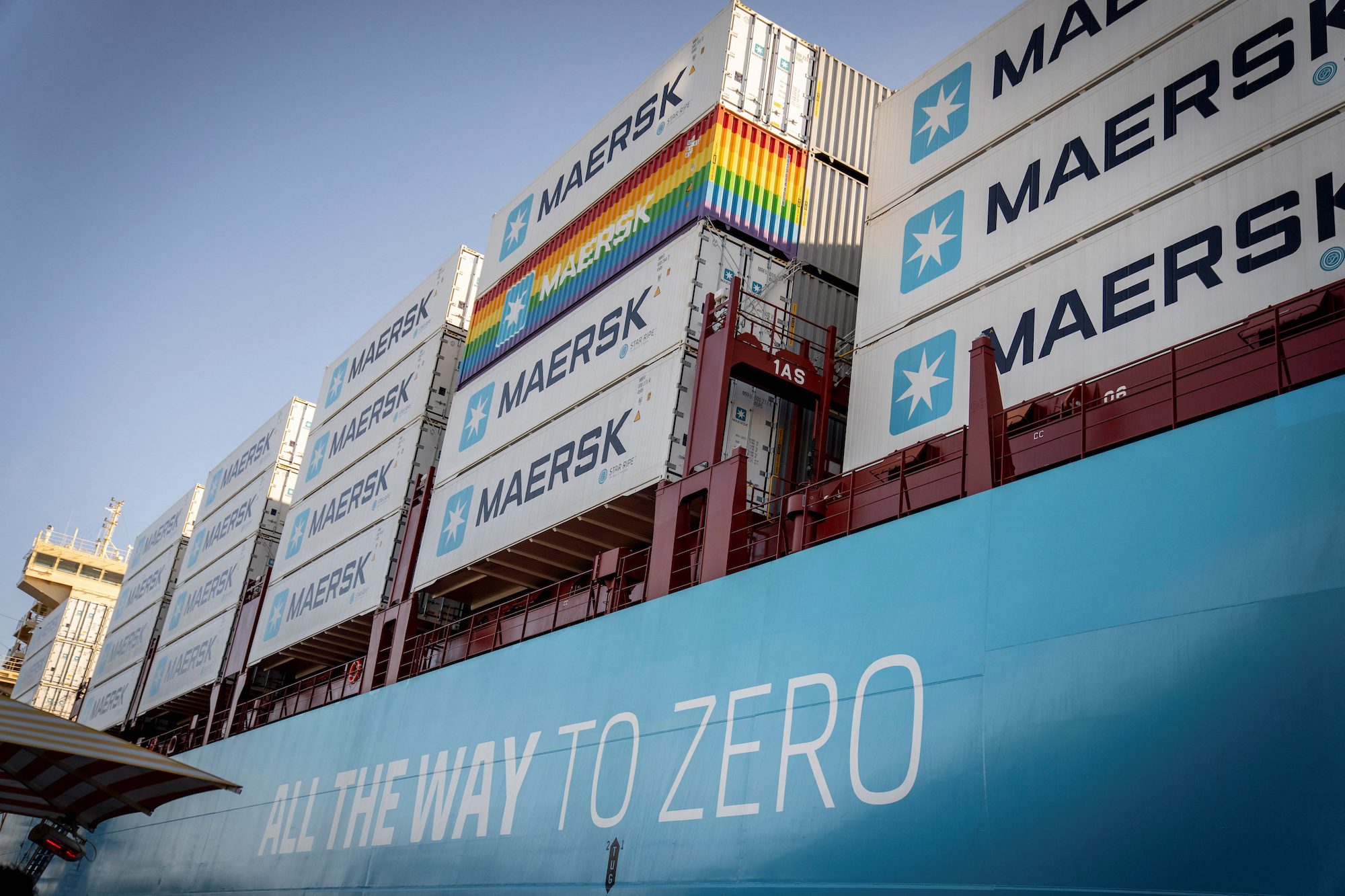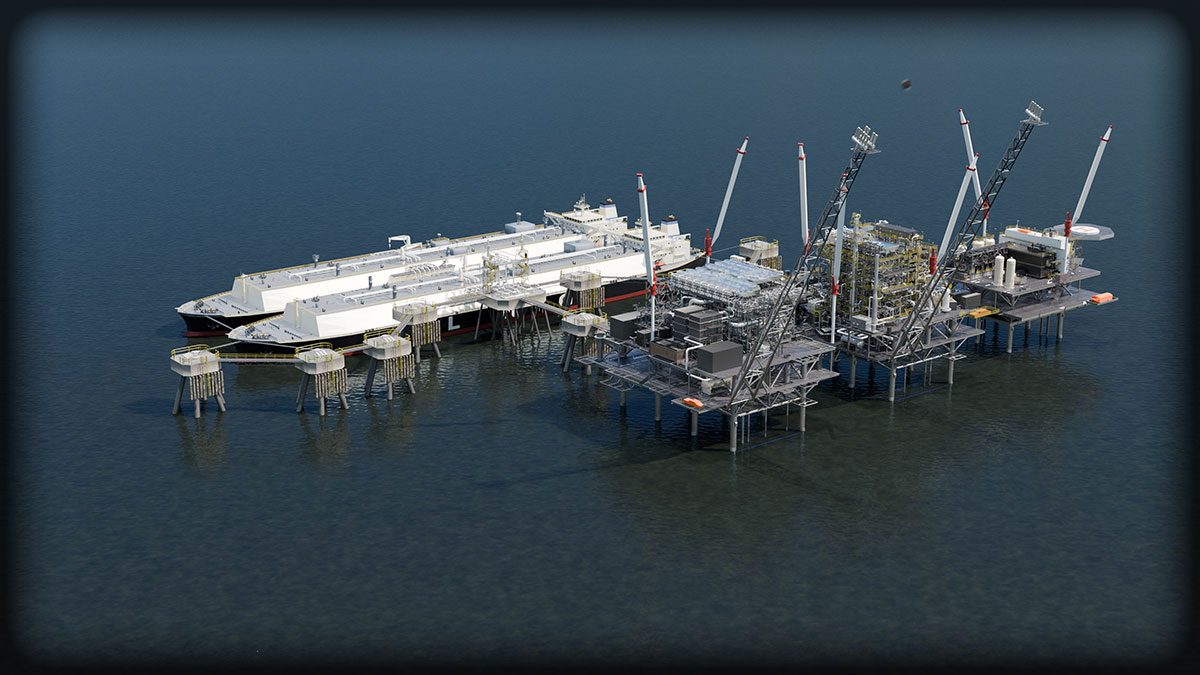The Chief Executive Officers (CEOs) of major global shipping lines have issued a joint declaration at COP 28, urging the International Maritime Organization (IMO) to create the necessary regulatory conditions to expedite the transition from fossil fuels to green fuels.
At the UN climate change conference, the CEOs called for an end date for the construction of fossil fuel-only vessels and the implementation of a clear Greenhouse Gas (GHG) Intensity Standard timeline to inspire investment confidence and accelerate the energy transition.
The global shipping industry, which accounts for 2-3% of global GHG emissions, recognizes the urgency of meeting the IMO’s greenhouse gas reduction targets. The revised IMO GHG Strategy, which was finalized this past July, aims to achieve net-zero GHG emissions from international shipping close to 2050, with a commitment to adopt alternative zero and near-zero GHG fuels by 2030 and indicative check-points for 2030 and 2040.
To achieve these targets, the CEOs of some of the world’s largest shipping lines are emphasizing the need to scale up the use of green fuels and reiterated their commitment to collaborate closely with IMO regulators in developing effective and concrete policy measures.
The joint declaration outlined four regulatory “cornerstones” proposed by the CEOs of Maersk, MSC Mediterranean Shipping Company, CMA CGM, Hapag-Lloyd and Wallenius Wilhelmsen.
First, they are calling for an end date for new fossil fuel-only vessels and the establishment of a GHG Intensity Standard timeline, which they say will provide a clear signal to the industry and encourage investments in both new ships and the necessary fuel supply infrastructure.
Second, the CEOs are emphaziing the importance of implementing an effective GHG pricing mechanism to make green fuels competitive with traditional fossil fuels during the transition phase. By distributing the premium for green fuels across all fossil fuel usage, the mechanism would minimize inflationary effects. Additionally, the CEOs advocated for the generated revenue to be allocated to a Research, Development, and Deployment (RD&D) fund and investments in developing countries to ensure a just transition.
The CEOs are also proposing the introduction of a vessel pooling option for GHG regulatory compliance, which would allow the performance of a group of vessels to be considered collectively, enabling investments to be directed where the greatest GHG reduction can be achieved and accelerating decarbonization across the global fleet.
Finally, the CEOs stressed the importance of establishing a Well-to-Wake or lifecycle GHG regulatory basis. This would align investment decisions with climate interests and mitigate the risk of stranded assets.
In the joint declaration, the CEOs expressed their shared conviction that regulation can play a crucial role in mitigating the cost of the green transition and reducing the risk of extreme weather events and welcomed other companies to join their efforts in addressing climate change, emphasizing that the cost of inaction far exceeds the cost of transitioning to green fuels.
“The momentum for green fuel is building, and we are pleased to see strong partnerships across the industry as we continue our joint efforts of making decarbonization in shipping successful,” said Vincent Clerc, CEO of A.P. Moller – Maersk.
Rodolphe Saadé, Chairman and CEO of the CMA CGM Group, highlighted the importance of collective action, saying, “This new commitment is fully in line with the CMA CGM Group’s ambition to be Net Zero by 2050. We have already invested close to $15 billion in decarbonizing our fleet, which will enable us to have almost 120 vessels capable of being powered by decarbonized fuels by 2028.”
The CEOs of Hapag-Lloyd, MSC Mediterranean Shipping Company, and Wallenius Wilhelmsen also expressed their firm commitment to advancing the decarbonization of the maritime industry and achieving net-zero emissions.
The joint declaration sends a powerful message that collaboration and regulatory action are vital for driving investments and achieving the necessary scale and pace of decarbonization in the shipping industry.

 Join The Club
Join The Club











